23 foods and drinks that can make you smarter
Lovefood Team
25 April 2017
Brain boosters
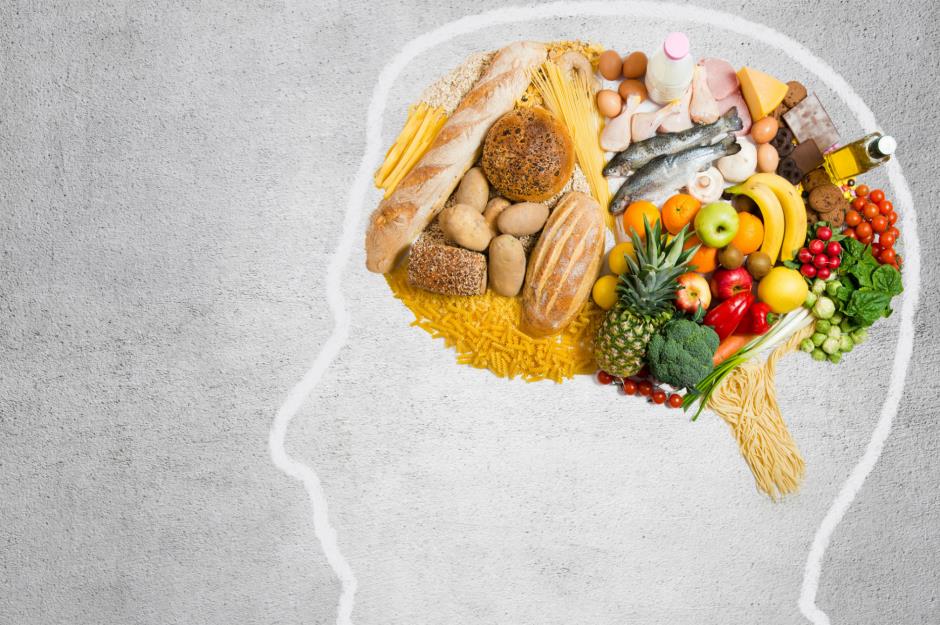
Shutterstock
We all know that eating well leads to a healthy body but did you know that certain foods can also enhance your brain’s functions? A better memory and healthy brain is just a forkful away, so start packing your plate with these brain-boosting foods today.
Complex carbohydrates
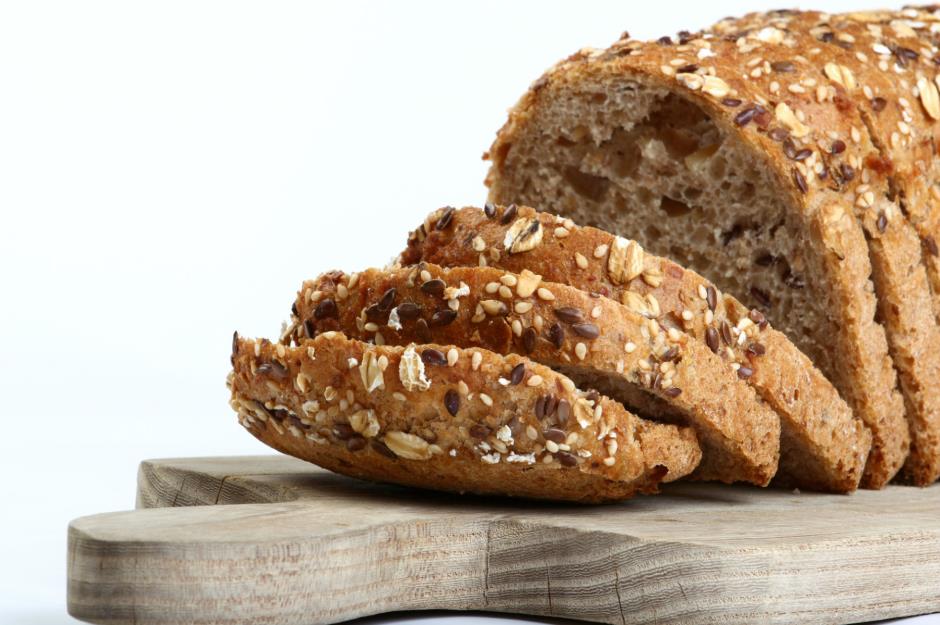
Shutterstock
That’s right it’s OK to eat certain carbs, in fact it’s recommended. Complex carbs, which are found in wholegrain breads and brown rice, provide a slow release of glucose to the brain. Glucose fuels the brain cells responsible for concentration, memory and learning.
Coffee

Shutterstock
Not only does it wake you up in the morning, your morning cuppa also boosts your brain power. Research shows that not only does coffee improve memory, it also speeds up your reaction times. Ongoing coffee consumption has even been associated with a lower risk of Alzheimer’s disease.
Tea

Shutterstock
If coffee isn’t your thing, the good news is tea is just as helpful. Tea is bursting with antioxidants that increase neuron production in your brain. A study published in Molecular Nutrition & Food Research found that EGCG, an inorganic compound in green tea, prevents memory loss and degenerative diseases.
Sage

Shutterstock
Recent studies indicate that taking sage oil can enhance and improve memory performance. To inject more sage into your life, try it in tea, add to pasta or even chew on a few raw leaves – it’s also an instant breath freshener.
Salmon
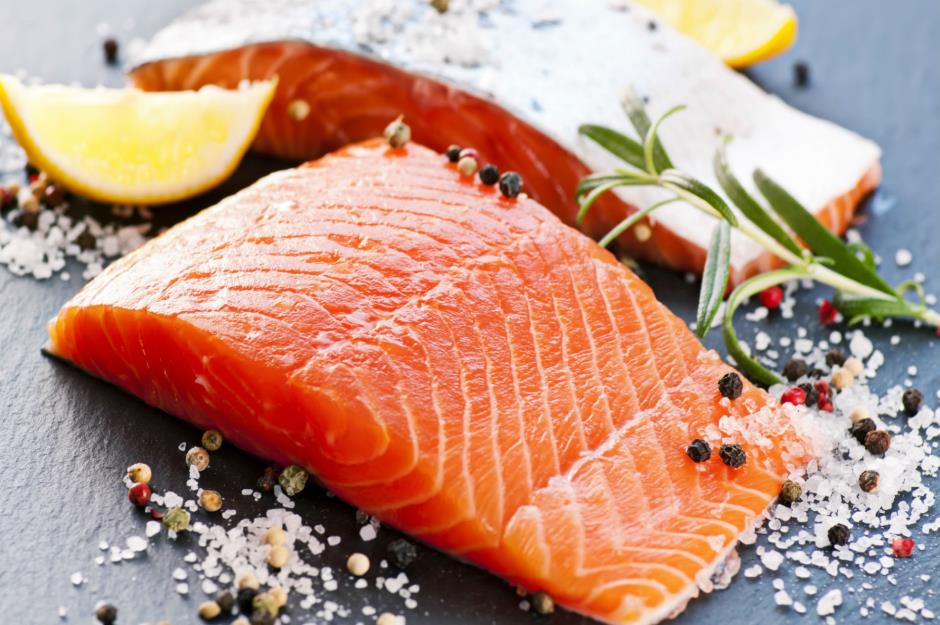
Shutterstock
This tasty fish is packed with Omega-3 fatty acids, which are crucial for brain performance. Research finds that an Omega-3 deficiency can lead to fatigue, poor memory and mood swings. To prevent that happening load up on salmon – try wild over farmed as it has higher levels of Omega-3.
Egg yolk
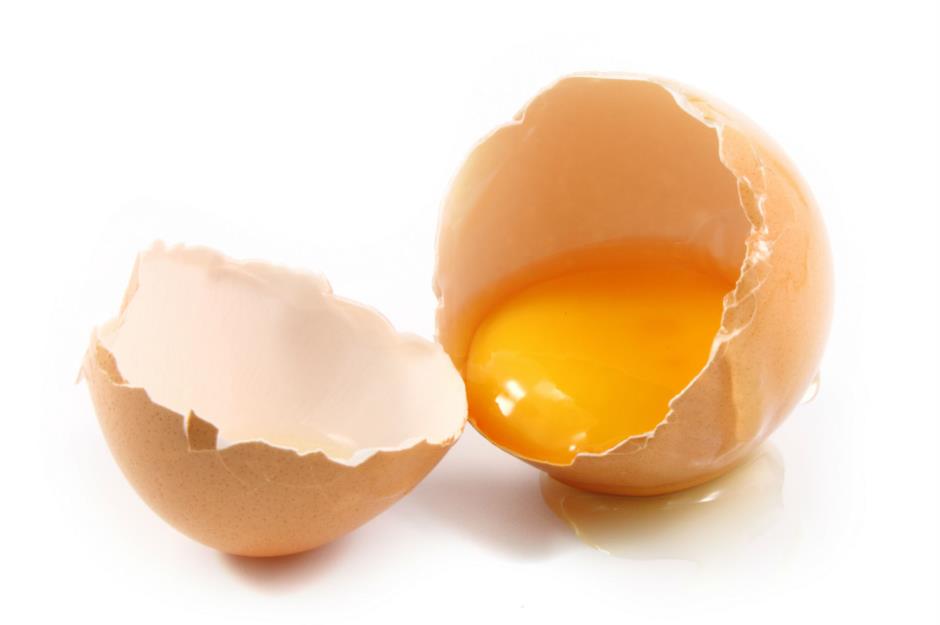
Shutterstock
While most people only eat the egg white to be healthy, the yolk is the real gem, containing the memory-promoting nutrient choline. Choline is a key component of two molecules in the brain that account for a high percentage of the brain’s total mass. So next time you’re making an omelet, use the whole egg.
Broccoli
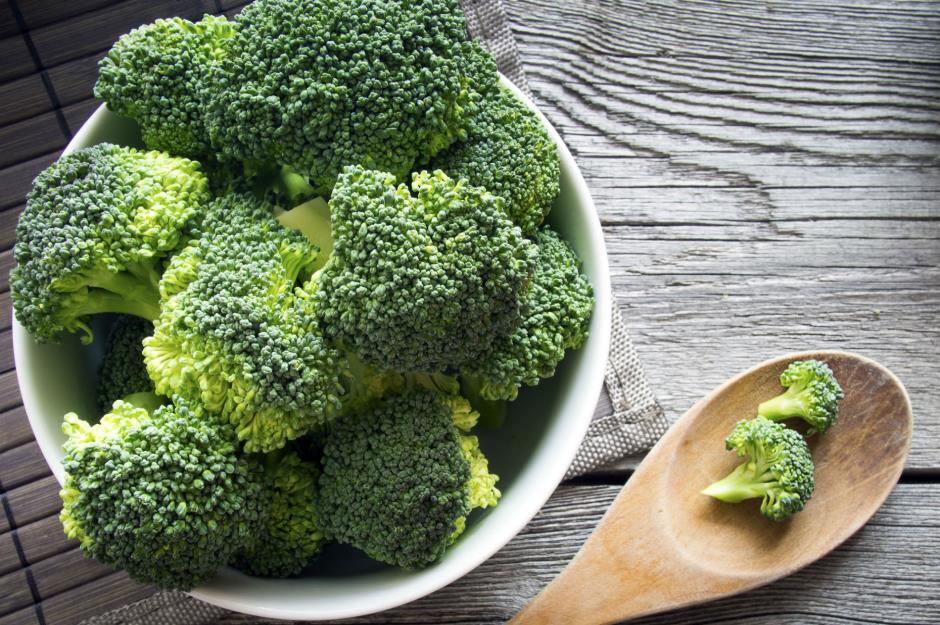
Shutterstock
This veggie is loaded with Vitamin K which is known for strengthening cognitive abilities. Like egg yolks, broccoli also contains choline, which has been found to strengthen our memory.
Strawberries
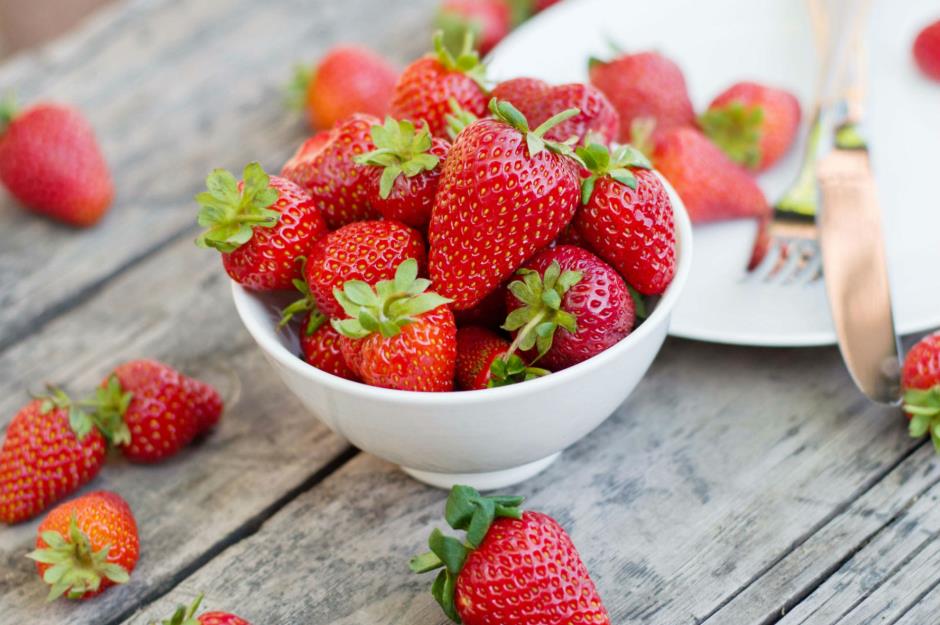
Shutterstock
A study published in 2012 found that greater intakes of strawberries were associated with slower rates of cognitive decline in older adults. This is because berries are loaded with flavonoids, an antioxidant that may have memory and mood-enhancing properties.
Chocolate
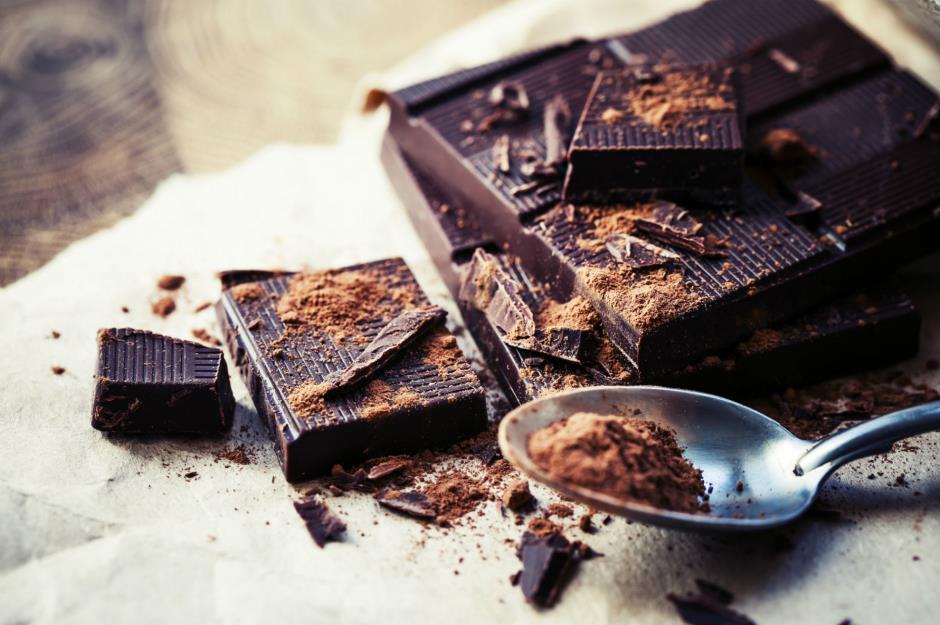
Shutterstock
Finally a good excuse to eat chocolate! A recent study has proven a link between moderate (that’s moderate) chocolate consumption and improved cognitive performance. The research, which was published in the journal Appetite, is part of a 40-year study that revealed people who eat chocolate at least once a week saw their memory and abstract thinking improved. In another study Harvard researchers found a link between dark chocolate and brain function, so aim for bars with at least 70% cocoa.
Water

Shutterstock
According to reports, many health professionals believe one of the biggest causes of memory loss, at any age, is dehydration, so something as simple as drinking a glass of water can dramatically improve your brain function. A small Ohio University study found that people whose bodies were well hydrated scored significantly better on tests of brainpower, compared with those who weren’t drinking enough. So pour yourself another glass pronto.
Blueberries
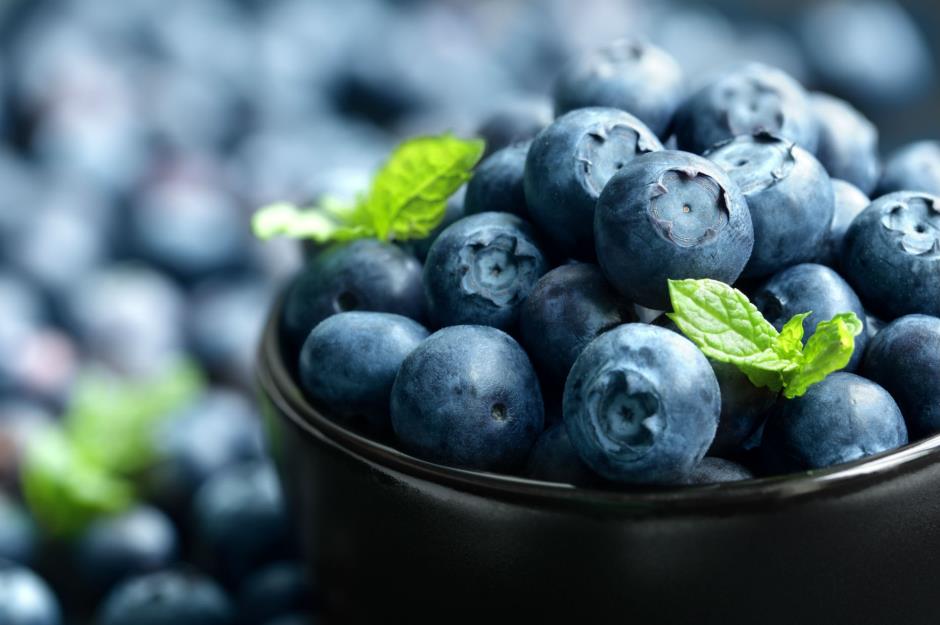
Shutterstock
According to a 2012 study published in the Journal of Agricultural and Food Chemistry, these tiny berries pack a big punch, containing chemical compounds thought to improve memory, learning, decision making, reasoning skills and verbal comprehension.
Oily fish
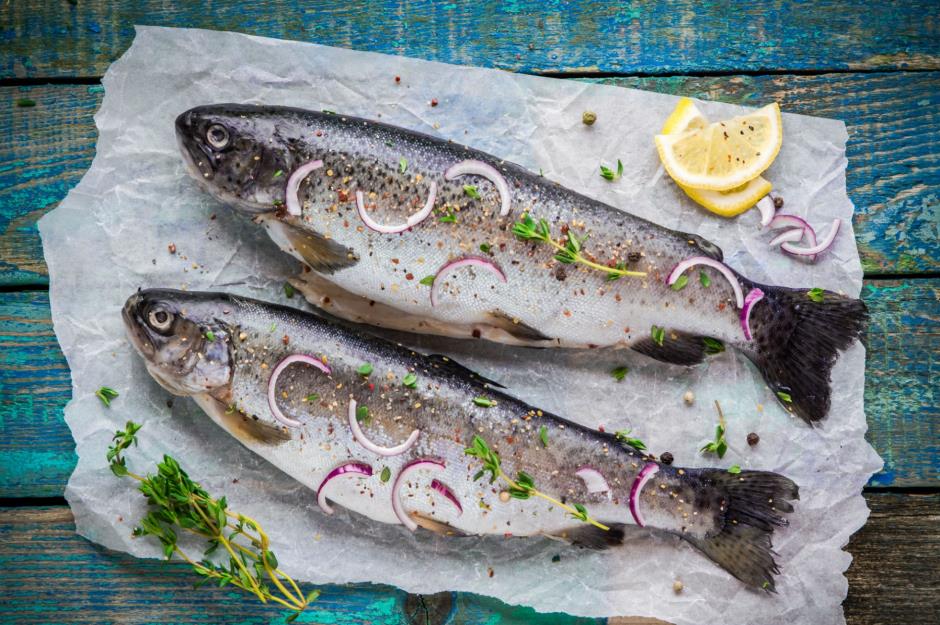
Shutterstock
Oily fish such as tuna, trout and mackerel are loaded with DHA (docosahexaenoic acid), which is concentrated in large amounts in the brain and is now considered a vital nutrient to enhance learning ability and mental development. So stock up next time you’re at the grocery store.
Spinach
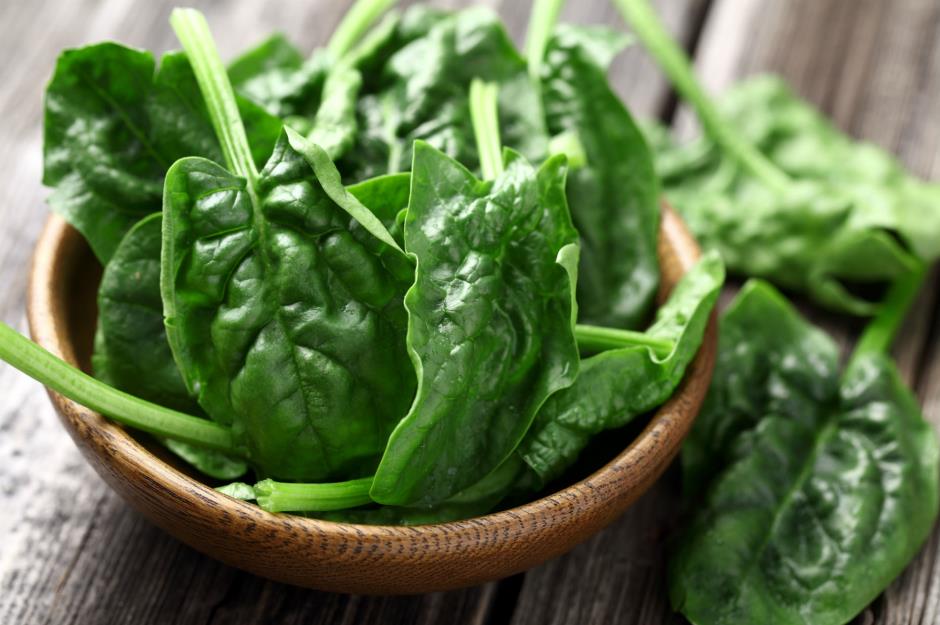
Shutterstock
Popeye might have eaten it for strength but you should be eating spinach for its brain-boosting qualities. Several studies suggest that spinach may help protect against age-related problems and cognitive deficits. A study at the Harvard Medical School followed 13,000 women for 25 years and found that increased vegetable intake, including spinach consumption, was associated with reduced cognitive decline and the lowered brain age by one to two years.
Walnuts
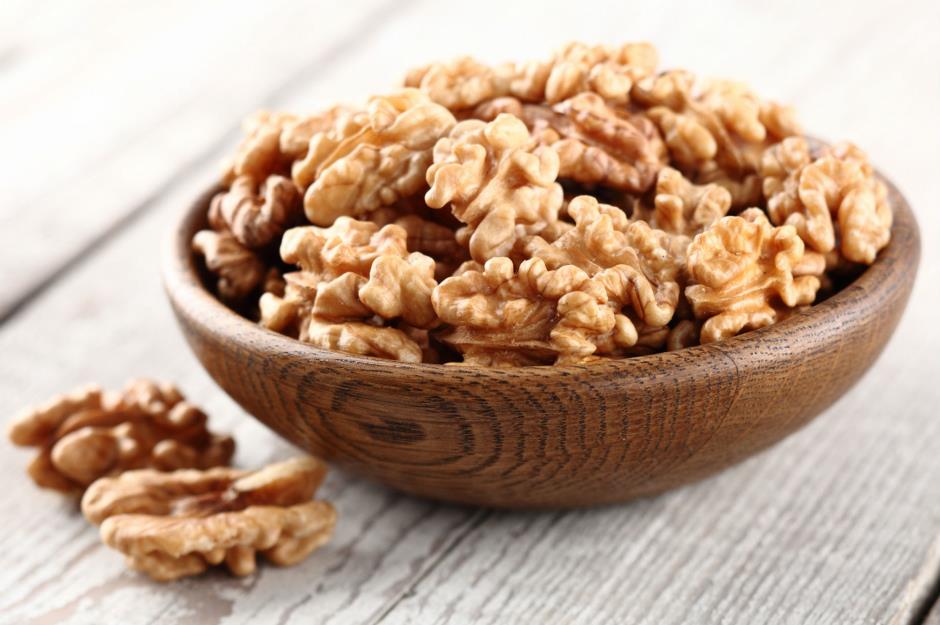
Shutterstock
While many nuts are supposed to be good for your noggin, walnuts are the real superheroes. Research conducted by the US Department of Agriculture’s Human Nutrition Research Center found the Omega-3 specific to walnuts acts as an antioxidant that can block signals produced by potentially brain-damaging free radicals.
Apples
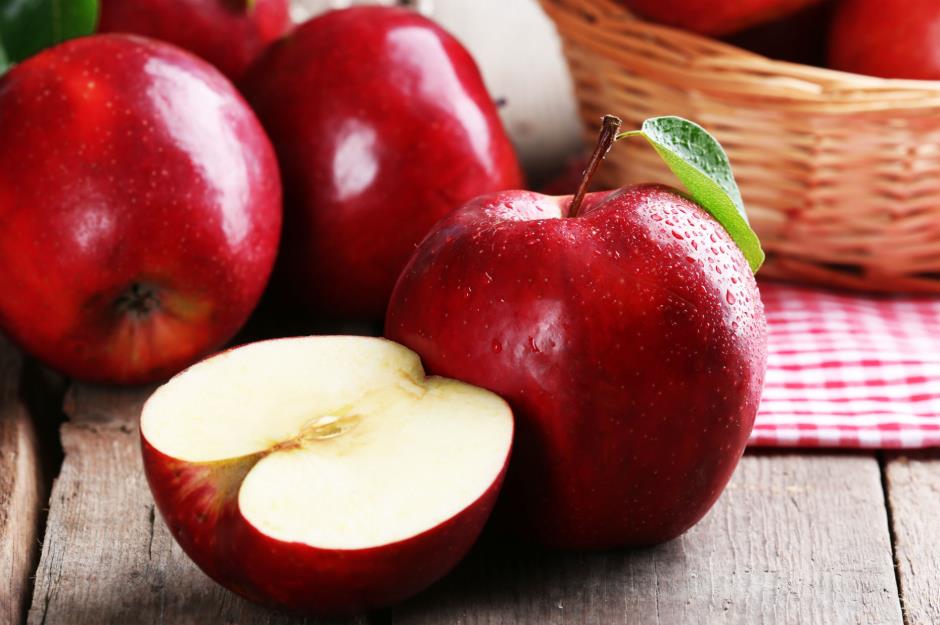
Shutterstock
The old adage that an apple a day keeps the doctor away might just be true. These juicy fruits contain catechins, a type of antioxidant that may protect us from the brain-damaging chemicals found in everyday products.
Pumpkin seeds
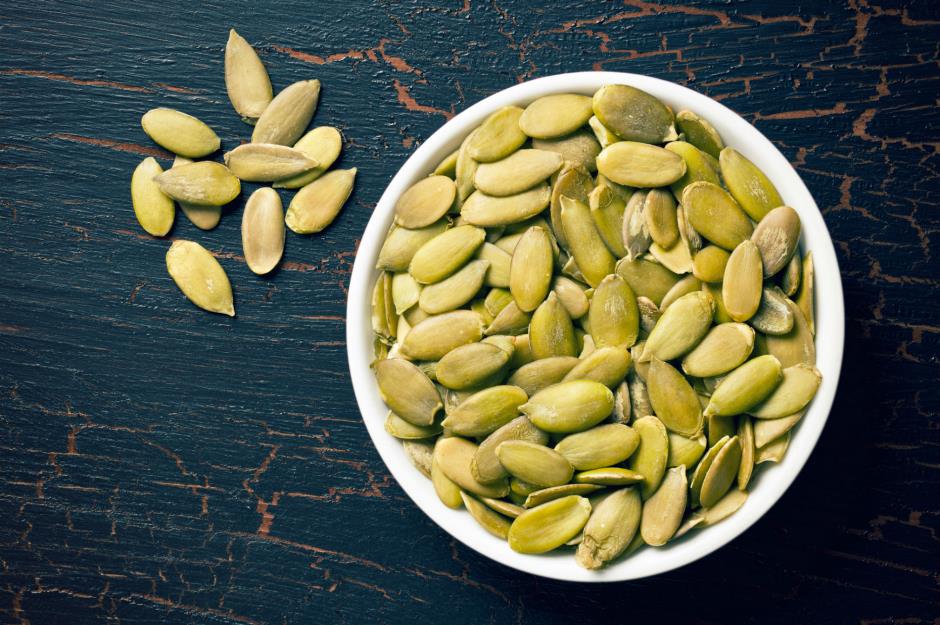
Shutterstock
For something so small, pumpkin seeds do a lot of good. The seeds are jam packed with tryptophan, an amino acid needed to create serotonin, which is a key component of mood and brain health. Have a handful as an afternoon snack or throw some in your salad.
Tomatoes
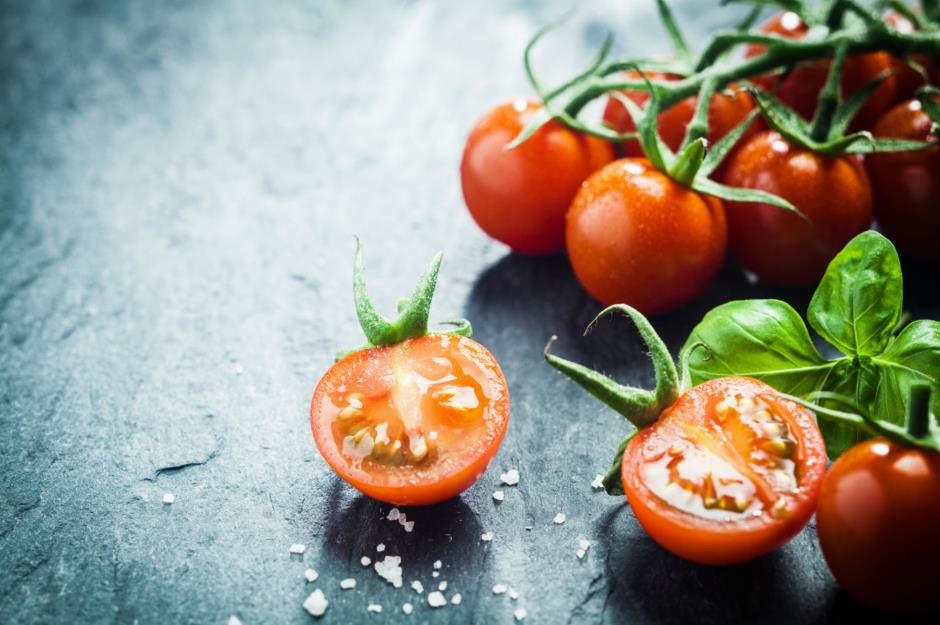
Shutterstock
Studies have found evidence to suggest that lycopene, an antioxidant found in tomatoes, could help protect against the kind of free radical damage to cells which occurs in the development of dementia, particularly Alzheimer's.
Kelp
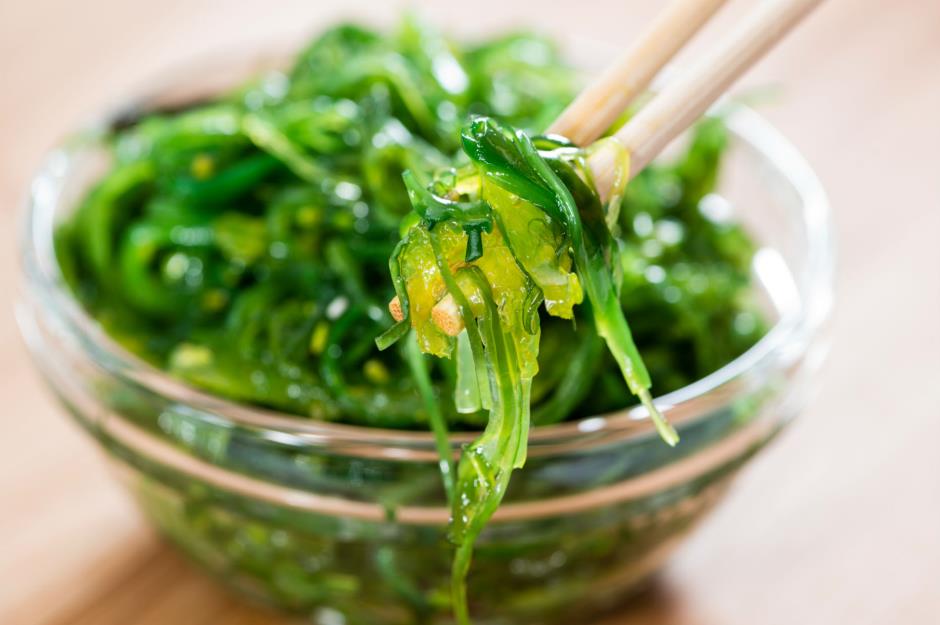
Shutterstock
Kelp, or seaweed, has high levels of the brain-boosting chemical iodine. Because the body does not make iodine, which is necessary for normal growth and development of the brain and body, it needs to come from your diet. Thankfully kelp is the most abundant, iodine-rich sea vegetable so it’s time to load up on it. Not convinced? Research has found that severe iodine deficiency has caused mental impairment, stunted growth and learning problems in children so stock up!
Alcohol

Shutterstock
Yes we’re serious! While heavy drinking can cause dementia, research has found that light consumption may protect the brain. In a recent study, people who had one to six drinks a week were 54% less likely to develop dementia than those who didn’t. It’s thought that small amounts of alcohol may protect both the heart and brain by preventing blockages in blood vessels. It’s suggested that you stick to red wine, as it contains resveratrol, a compound that may be linked to increased longevity.
Avocado
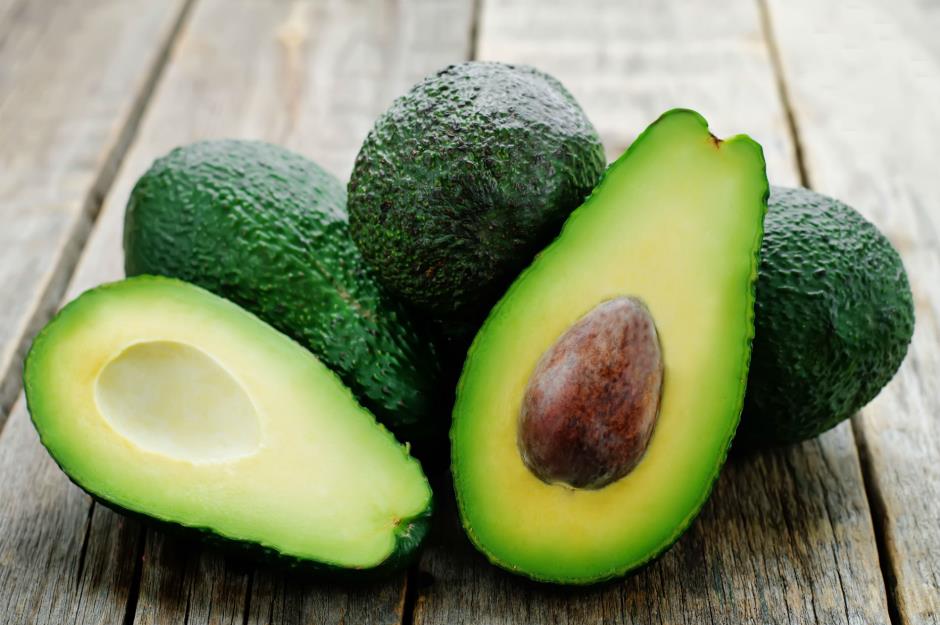
Shutterstock
Delicious and good for the brain – what a winning combo. Research shows avocado’s high levels of monounsaturated fatty acids help keep nerve cells in the brain healthy. Each serving of avocado also has 20 different vitamins, but don’t go overboard; you only need to add half of one avocado to one daily meal to get results.
Brussels sprouts
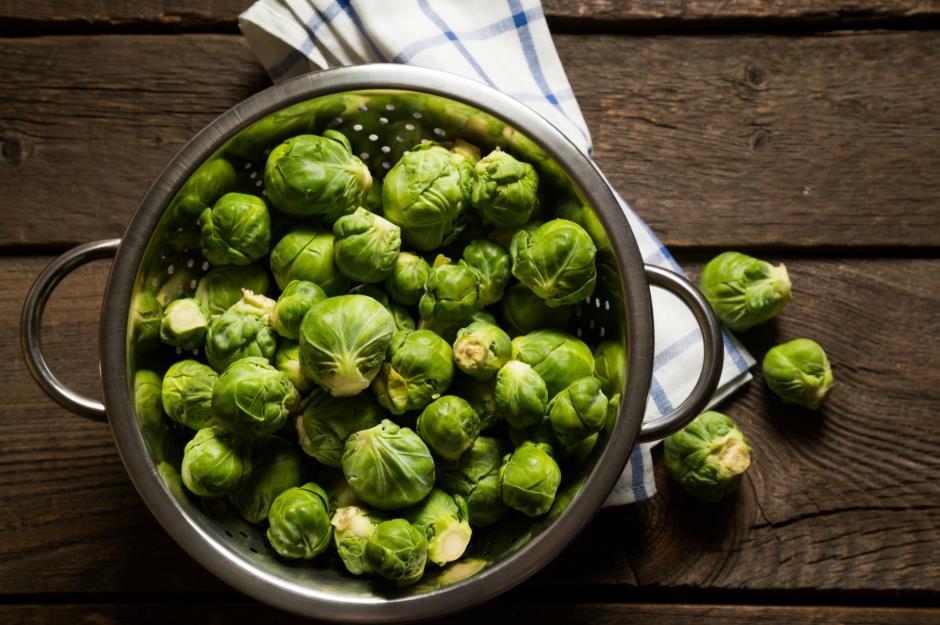
Shutterstock
They might not be your favorite veggie but it’s worth loading up your dinner plate with these brain boosters. Scientists have proved that sprouts are packed with molecules that our bodies convert into diindolymethane, an immune-system booster that helps protect new brain cells. Still not appetizing? You can always cover them in cheese sauce.
Garlic
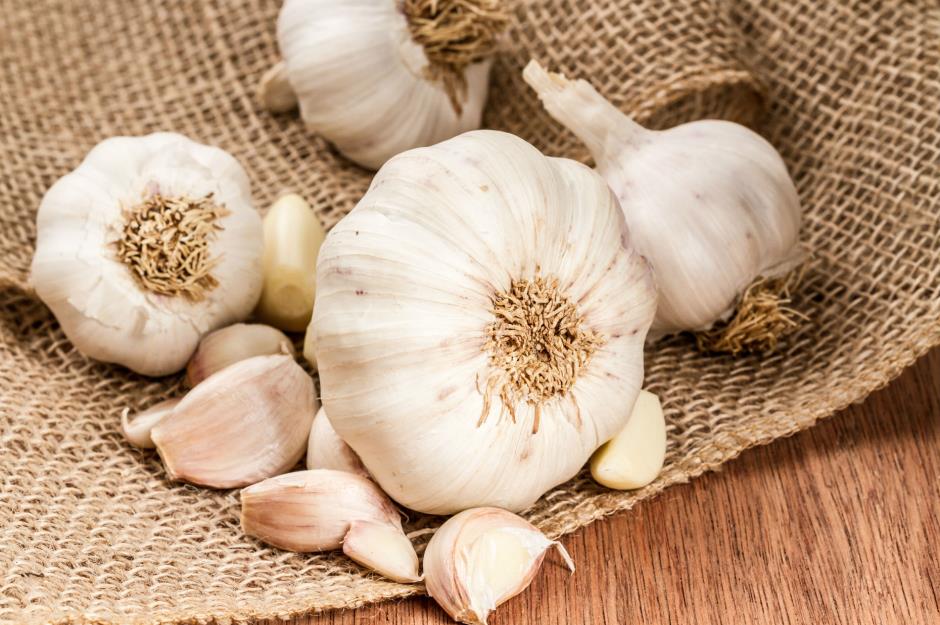
Shutterstock
While raw garlic is known to help strengthen the cardiovascular system, aged garlic extract has been shown to protect the brain against function loss. A study in The Journal of Nutrition, Health and Aging showed compelling evidence of garlic as an alternative treatment for Alzheimer’s disease.
Oysters
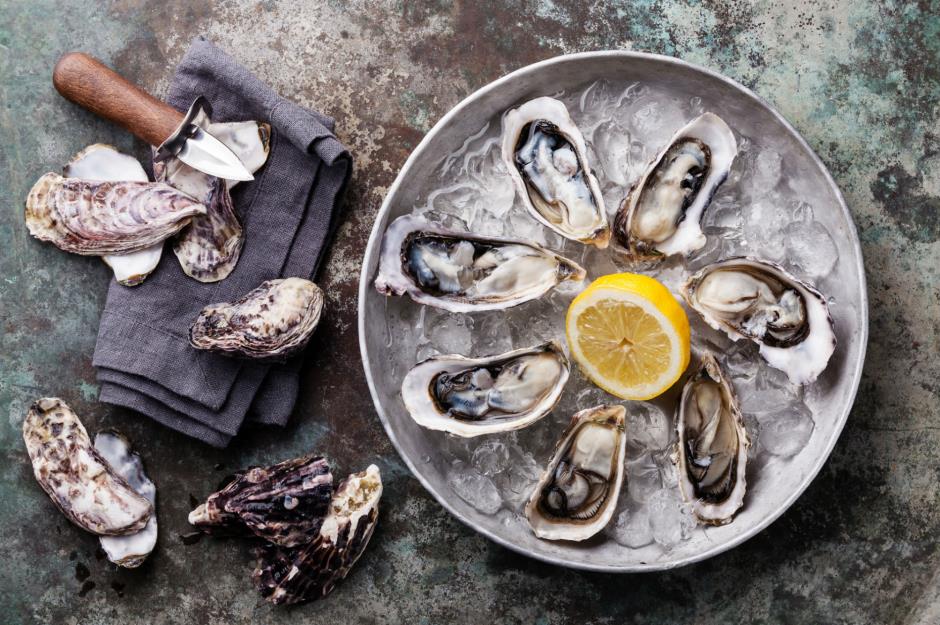
Shutterstock
They’re not just for increasing libidos; oysters have also been found to improve cognition and mood. Their high levels of iron and zinc can help increase concentration, sharpen memory and improve the ability to easily recall information. We’ll take a dozen fresh.
Comments
Be the first to comment
Do you want to comment on this article? You need to be signed in for this feature